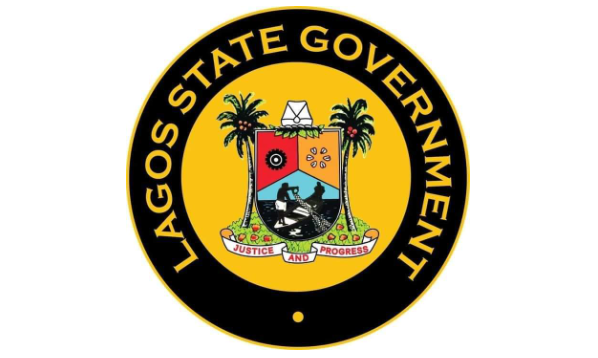
The Lagos State Government is eyeing an increase in Internally Generated Revenue to finance its ambitious infrastructure projects, allocating N1.052tn—31.27% of its N3.367tn budget for 2025—to various developmental initiatives.
At a press briefing in Alausa, Ikeja, the Commissioner for Economic Planning and Budget, Ope George, alongside the Commissioner for Finance, Abayomi Oluyomi, detailed the state’s strategy to fund its infrastructure expansion while addressing the budget deficit.
“The state’s focus is to ensure the durability, functionality, and adaptability of our physical assets to meet the ever-growing demands of our people, hence, the investment of the sum of N1.052trn, representing 31.27% of the entire budget on infrastructure.
“Our focus remains prioritizing the maintenance, upgrade and expansion of existing road networks and furniture, construction of bus terminals, jetties, bridges, rail systems, housing units and digital infrastructure in line with our vision for a truly 21st-century megacity,” George said.
The state’s infrastructure plan includes major projects across its five divisions, such as the construction of Samuel Ekundayo/Toga Road in Badagry, Abaranje Road in Alimosho, Adamo-Akanun-Agunfoye Lugbusi roads in Ikorodu, and the rehabilitation of roads in Ikeja GRA.
To sustain these investments, the government has set a revenue target of N2.968tn, with IGR accounting for N2.230tn.
The Lagos State Internal Revenue Service is projected to contribute 63% (N1.4tn) of this amount, while other ministries, departments, and agencies (MDAs) will generate N830.177bn.
George emphasized the government’s approach to expanding the tax base through technology, economic intelligence, and data-driven initiatives, adding, “We believe that there are huge revenue-generating opportunities in the informal sector, tourism, real estate, transportation, and trade.”
Despite these efforts, the budget deficit of N398.662bn is expected to be financed through internal and external loans, bond issuance, and other funding sources.